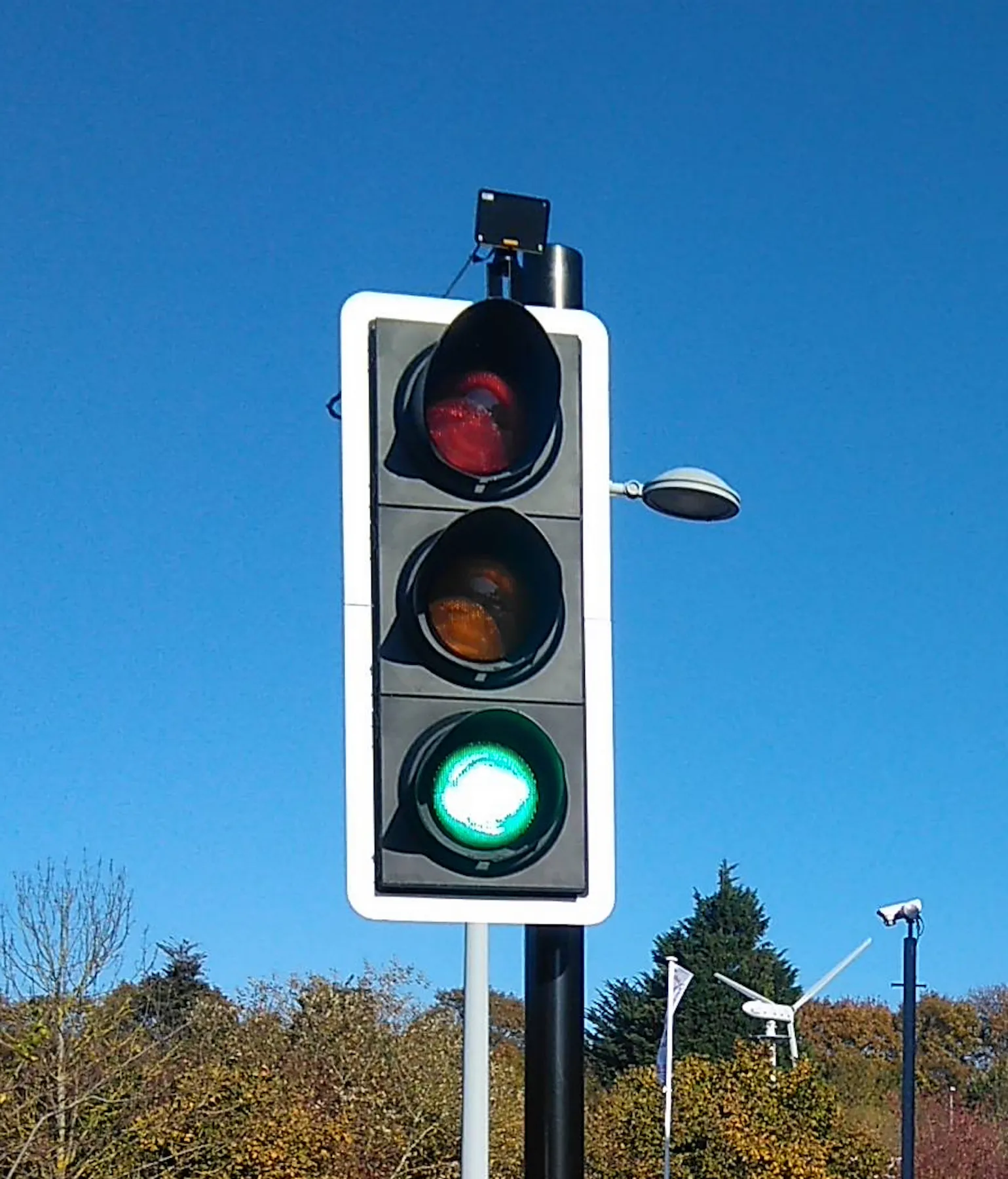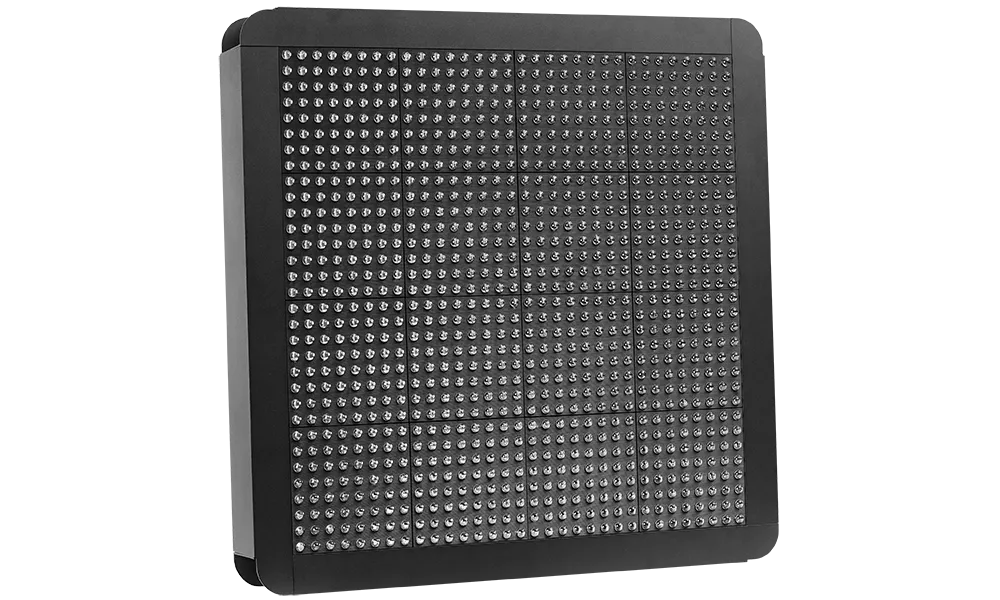
The contractor was looking for a solution that was less expensive and more practical than temporary traffic lights and opted for permanent lights to work as a shuttle system. Crucial was a reliable method of controlling the lights to manage traffic movements automatically and safely - especially with a manual all-red override when required. The modular ITC-3 is easily configurable to suit a range of traffic management applications, according to the company. It can be directly connected to similarly diverse types of control and monitoring systems.
It also meets UK and International standards and is available as extra-low voltage and low voltage and can be delivered in two sizes, depending on the number of signal phases required. For pedestrian control and small intersections, a version with six phases and up to 16 detectors is available. For most intersections, the 3U rack with up to 24 phases and 40 detectors is required.








